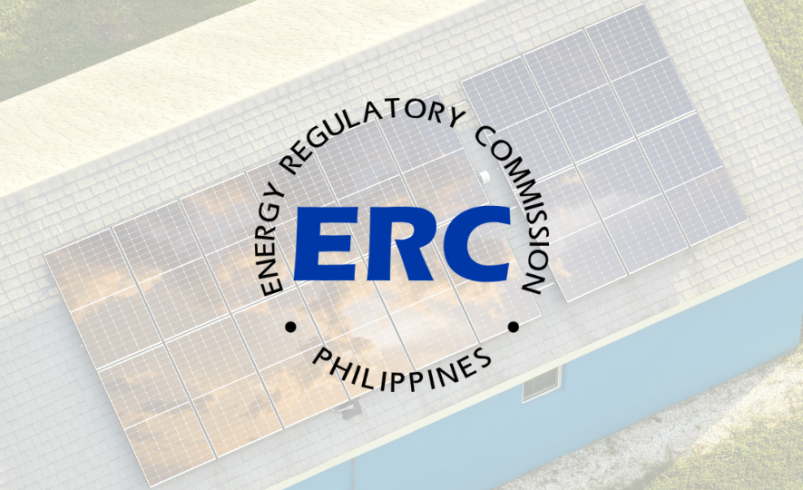ERC orders DUs to streamline net-metering process, cap meter costs at PHP 3,000
- September 23, 2025
- 0

The Energy Regulatory Commission (ERC) has directed all on-grid distribution utilities (DUs) to simplify and standardize requirements for net-metering applications, as part of efforts to fast-track renewable energy adoption following President Ferdinand Marcos Jr. ’s 2025 State of the Nation Address.
In an advisory dated September 22, 2025, the ERC ordered DUs to limit documentary requirements to four items only: an application form, a Certificate of Final Electrical Inspection (CFEI) issued by the local government unit, an amended net-metering agreement, and payment of the Certificate of Compliance (COC) application fee. The advisory clarified that “notarization is NOT MANDATORY, and electronic signatures are allowed.”
The regulator also moved to address consumer cost concerns, setting a ceiling of PHP 3,000 for the replacement of bi-directional meters required for residential renewable energy facility installations.
The ERC underscored that testing and commissioning of renewable energy facilities is the sole responsibility of distribution utilities and must be conducted “at no cost to the applicant.” Costs arising from third-party delegation cannot be charged to customers, and testing inside DU premises is prohibited, the advisory said.
To protect consumers, the commission also directed DUs to start applying billing rebates “from the date of successful testing and commissioning,” with credits reflected immediately on the qualified end-user’s first bill, regardless of when the Certificate of Compliance (COC) application is filed.
In line with its transparency push, the ERC required DUs to post the full advisory on their websites and social media channels on October 1, November 1, and December 1, 2025. Non-compliance may result in administrative sanctions.
The order builds on the 2025 Amended Net-Metering Rules issued by ERC in August, which introduced banking and rollover of unused credits, transferability of credits in cases of property ownership changes, and new disclosure obligations for DUs. Those amendments also simplified requirements such as making notarization optional and allowing consumers to waive Renewable Energy Certificate (REC) meters.
What are your thoughts on the ERC’s latest directive? How will this impact renewable energy uptake, DU operations, and customer participation in net-metering? Join the discussion below.
Follow Power Philippines on Facebook and LinkedIn or join our Viber community for more updates.